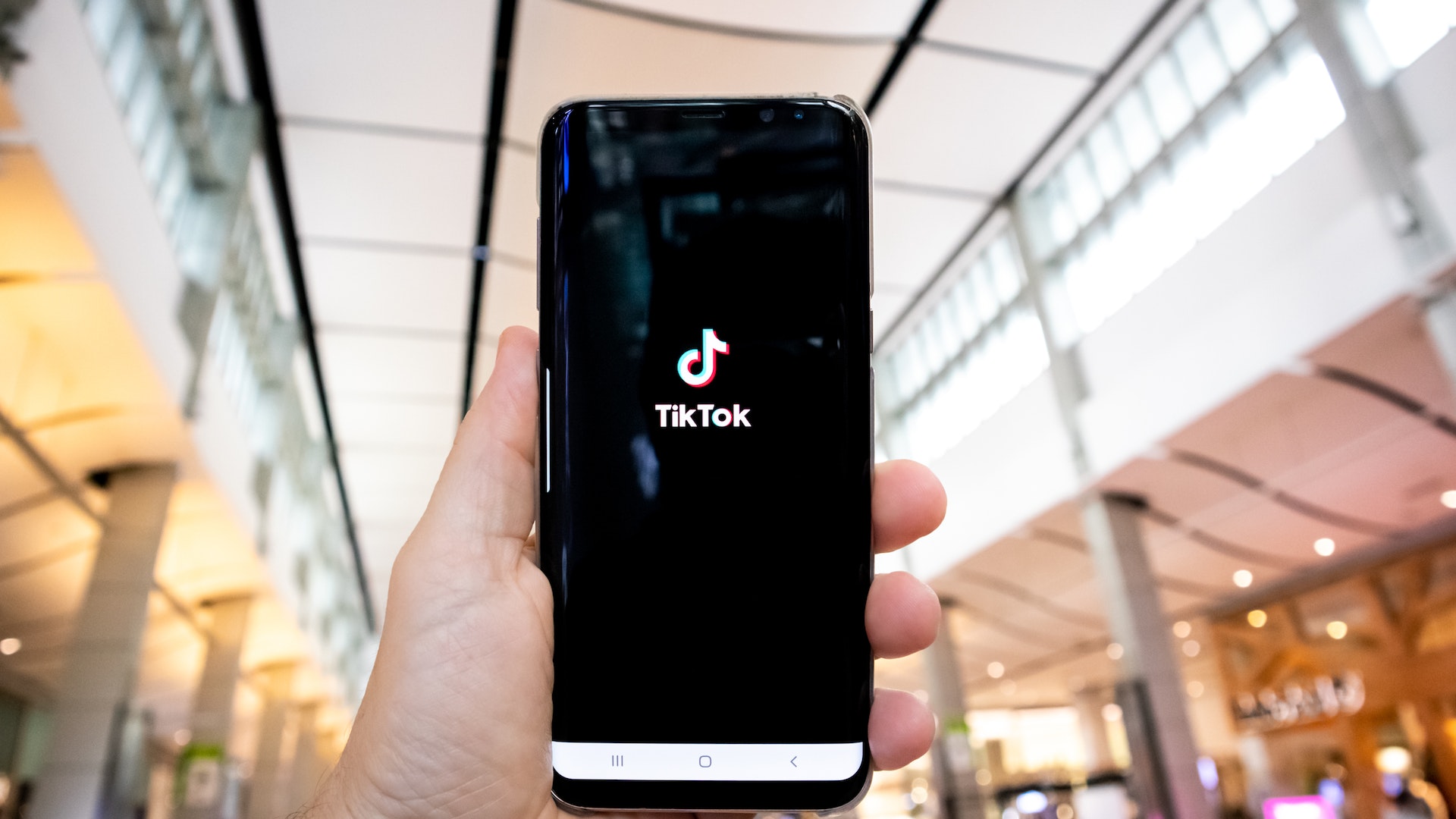
The term “On-page SEO” usually applies to a set of practices you can use on your web page to improve its rankings and make it more visible in searches. Many years website owners believed that it’s enough to drop some high-volume keywords in the strategical places of a website (like the first paragraph of the text, its title, and descriptions) – and you’re done.
NB: This is an article from ahrefs
But with the improvement of Google’s search algorithm, everything is not that straightforward. When you’re doing the on-page SEO for your hotel site, you should take some peculiarities into account that will help you to outrank your competitors in this niche.
Here is a set of on-page SEO recommendations for hotel website owners that help them to boost their rankings in search engines and drive more traffic and targeted customers to their sites.
Do keyword research
Finding the right keywords and phrases that people use in their search for a hotel online is essential for a website owner. Think of how people can search for your website, what phrases can they use? Remember, that people may not type your brand name into the search field (because they don’t know of you yet), so try to figure out their search phrases.
One of the best ways of brainstorming a bunch of good keywords is using Google Autocomplete feature. Just start typing the words like “hotel,” “rooms,” “accommodation” into the search and see what it offers to you. The hotel business is local-based, so you should pay attention to the keywords that include locations, like “hotels in barcelona,” “hotels near sagrada familia,” etc.

Then use your favorite keyword tools to check out those keywords metrics like:
- search volume;
- number of clicks;
- estimated traffic.
Remembers, that high search volume doesn’t necessarily mean a high number of clicks. Since Google often shows the info about the hotel location and contacts in so-called “knowledge cards,” users may not need to click the links. And thus that results in a low number of clicks and thus low traffic to the website.
And no secret, that long-tail keywords should be your primary target. They may not have the high search volume, but they are less competitive, less difficult to rank for, and their combined traffic often beats that from short-tail keyword phrases.
Go for short informative URLs
Sometimes newbie hotel website owners don’t pay attention to the URL they are getting when creating a page. And in most cases, those automatically created pages look too long, messy and non-informative. According to a study, long URLs tend to rank lower in Google, than the short ones.
Thus, your URLs should look like this:
yourdomain.com/category
yourdomain.com/category/sub-category
In case you have hotels in several locations, include the location in your page title and put it in the URL as well. But don’t go crazy creating pages for all locations around the globe if you don’t have hotels there.
Include your target keyword into the URL. There is no evidence that keyword in the URL is a ranking factor, but if your page doesn’t have enough content on it (say, if it’s a gallery page that shows your accommodations), URL may be that signal that tells the search bot about it.
Anyways, short informative URLs clearly tell your users about your page, and they know what they will see there from the beginning.
Optimize the Meta-tags for your pages
Perfectly-written and optimized meta-titles and descriptions, as well as H1s, are still relevant for hotel websites. You should have your target keyword in all these areas of the page. Don’t go for boring templated texts as you see below:

Your primary goal should be traffic that turns into the hotel bookings. But sometimes less important pages rank better than your primary ones, as you may notice from the second result on the screenshot above. As you may see, the page that describes popular landmark near the hotel ranks better for the keyword “hotel barcelona near sagrada familia.” It’s because the primary page for booking on this website has title and description that don’t match the search query:

It’s a common mistake for hotel owners. They create very thin-content pages that target extremely competitive keywords and then they don’t understand why those pages don’t get traffic from search.
To avoid such mistakes, optimize your meta-stuff:
- Write in your primary keyword into your title, description, and H1;
- Include your USP like “Free Wi-Fi” or “Best price”;
- Add modifiers that encourage people to click, like “free,” “book,” “now,” etc.;
- Do split-testing for titles and descriptions to find the best version.
Make sure that you have the only H1 tag on a page. Just put your target keyword to H1 and then your site’s title after a dash. If you’ve done your keyword research well, it should be enough to get a perfectly optimized H1 tag.
Write enticing page copy
Times of those traditional boilerplate-style descriptions of a hotel and its rooms have ended. Today you should write a compelling copy that entices users to book a room in your place immediately, without looking somewhere else.
Catchy on-page descriptions do a few good things to your site:
- They include more long-tail keywords that help your site attract more traffic to it and rank higher on Google;
- They help users to understand what they may expect to get from you.
Since Google’s algorithm can only “read” text content, it doesn’t matter how many lovely photos of your hotel and the accommodations you have on a page. It’s the text that tells search engine bots that the page is relevant to a user’s search query.
Write engaging details about your hotel in the descriptions. Tell users about nearby attractions and activities, describe the area where the hotel is located, the view from the windows, the additional facilities that users get in the rooms, etc. Add information about local foods and where your visitors can get them nearby.
Add Schema Markup to pages
Schema Markup is just some additional code that provides Google with more detail about your business and helps them to understand the existing data on your site better. With Schema Markup your hotel site looks more attractive in SERP what boosts the CTR up to 30% and helps you increase the number of leads and bookings.
Google uses the data you include in the Schema code to evaluate your pages and rank them. It can display various data from the pages like your rating, phone number, and address, photos, etc. You can follow Google’s Guidelines for local businesses to add various markup elements to your hotel Homepage, like the clickable phone number or various Action types that include the Reservation action. Don’t forget to implement Schema Markup for all your local landing pages, not just only the Homepage.
Adding Schema Markup is especially great for mobile SEO. Google tends to show the information for the mobile search queries in the form of cards, and the results that use the Schema Markup have more chance to be displayed first.
The devil’s in the detail
On-page SEO, in general, is similar for all websites. It is based on simple steps:
- Find relevant keywords;
- Use those keywords in the Meta-tags;
- Optimize your URLs;
- Create enticing page content;
- Implement the Schema Markup
But as you can see, there are many peculiarities (like local keywords) that impact the on-page SEO activities for hotel websites. So pay close attention to those peculiarities you use, test often and always track your performance. Without proper tracking, you will have no idea whether your SEO efforts are translating into leads, traffic, and conversions. When you see that something doesn’t work for you – change it and never be afraid to experiment!



